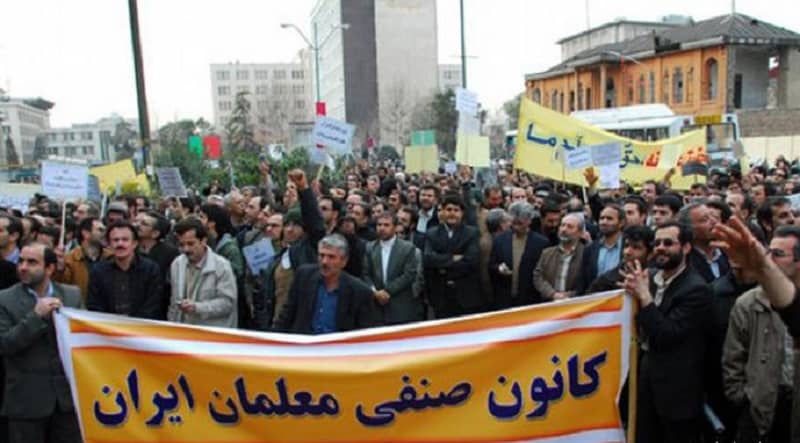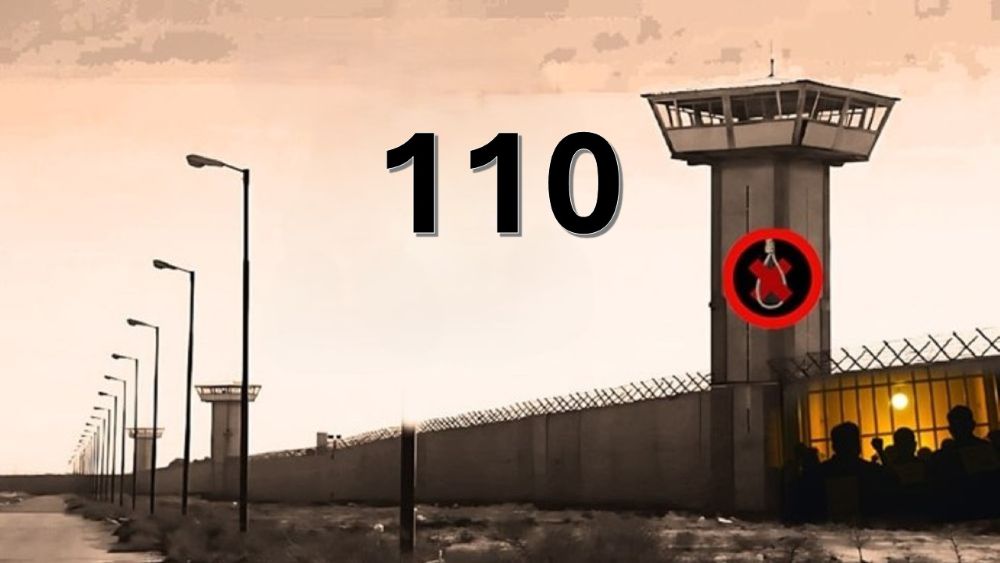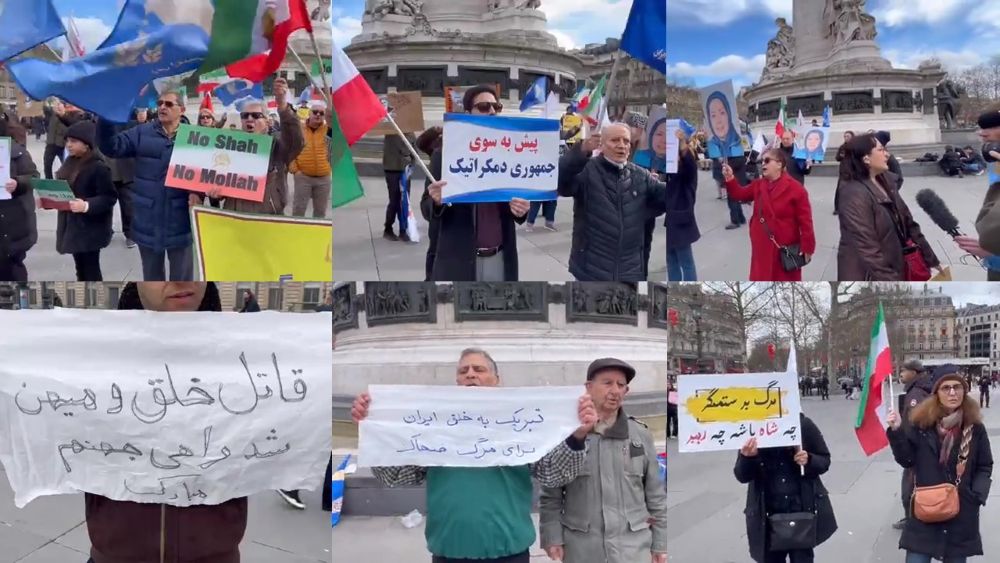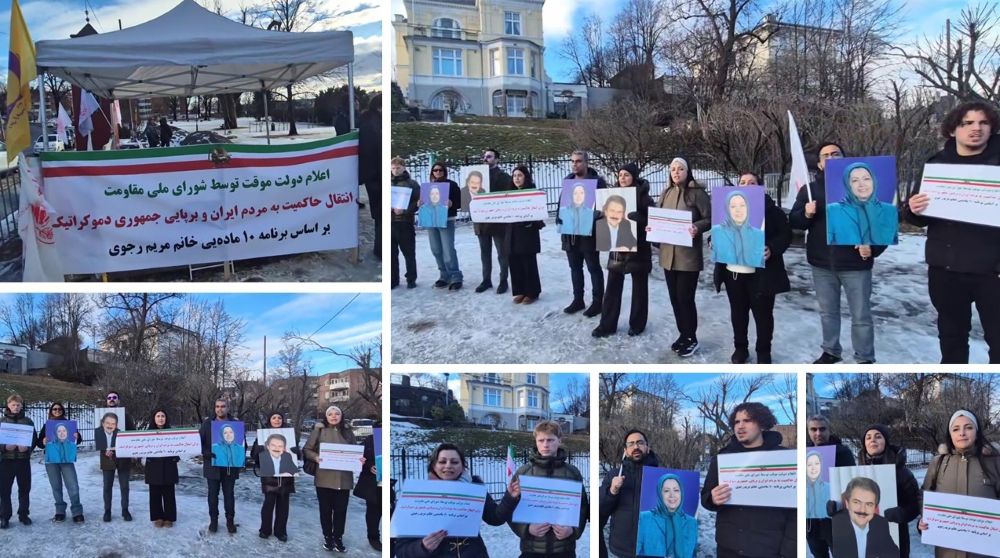
The 1979 anti-monarchy revolution marked what was supposed to be the beginning of a new era for the Iranian people. Following the abolishment of the Iranian monarchy, the people had high hopes in the future plans that were laid out by Ruhollah Khomeini, the first Supreme Leader in the new Islamic Republic.
Millions of people were swayed by his deceiving and hollow promises and welcomed him with open hearts as he touched on their nationalist and religious likings. But these hopes and dreams for a better future were soon to be dashed.
Iran News Wire said, “One did not have to wait too long to realize that Khomeini’s sugar-coated and fancy-looking promises were hollow, fake, deceiving, and pure lies. Different forms of repression, abuses of human rights, obstruction of civil liberties, limitation on women’s wear, and freedom… resurfaced again, this time in the name of religion and order of God.”
By 2020, the average salary of Iranian teachers was 58 million rials (about $221) per month. Despite promises from the former head of the Planning and Budget Organization, Mohammad Bagher Nobakht that by 2021 this salary would increase, this has not come into fruition.
Teachers are facing a difficult struggle on a daily basis as they are consistently deprived of their salaries, bonuses and overtime pay, are left without insurance and suffer from discrimination and poor treatment. As a result, the majority of teachers are living below the poverty line in poor conditions as they fight to provide for their families. This in turn is affecting the quality of education that they can provide to their students.
Iran News Wire said, “Unresolved demands and the growth of financial dilemmas are other issues that prompt teachers to raise their voices constantly. However, educational officials always deal with teachers’ demands with indifference, driving them to resort to other paths to gain their inherent rights.”
Across Iran, teachers have been staging strikes, gatherings, and demonstrations for the past few months to reiterate and intensify their demands to the Iranian regime. New rallies were held up and down the country on Thursday to protest the government and parliament’s persistent refusals to address the needs of the teachers, and their lack-lustre attempts to pass laws and allocate budgets to help teachers improve their conditions.
There were reports that protests took place in more than 100 cities across the country, including Tehran, Mashhad, Isfahan, Karaj and Kermanshah, to name but a few. Protests went ahead despite the threats from security and judicial institutions to stop the rallies, while in a number of cities, security forces were present during the protests to prevent any anti-regime slogans.
The Iranian regime’s excuses for not giving into the teachers demands are their budget deficits. However, Iran is suffering from a severe shortage of teachers, educators and trainers, leaving the younger generations of Iranians lacking in a decent education. Official reports have indicated that the Education Ministry currently lacks around 200,000 teachers to cover every school across Iran with a curriculum.
Iran News Wire said, “One must look for the cause of all these injustices in Iran, a country known for its rich soil and vast natural resources. This search will take you to the apex of these problems, the tyrannical regime in Tehran. There is only one remedy for such pain; regime change.”



